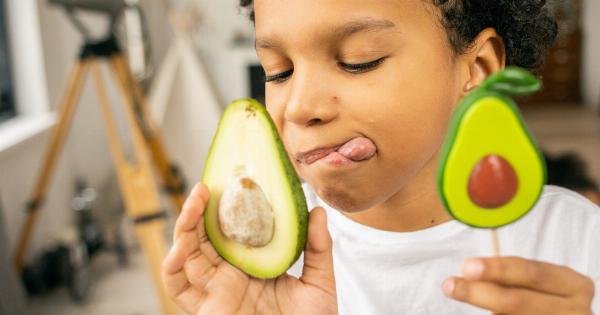Many parents believe that diet soft drinks are a healthier option for their children than regular sugary soft drinks. However, recent studies have shown that children may actually consume more calories when drinking diet soft drinks.
The Study
A study published in the journal Pediatric Obesity found that children who consumed diet soft drinks had a higher daily caloric intake compared to children who did not consume diet soft drinks.
The study looked at data from over 7,000 children between the ages of 2 and 11 years old.
The Findings
The study found that children who drank diet soft drinks consumed an average of 196 more calories per day compared to children who did not drink diet soft drinks.
This may be because children who drink diet soft drinks may consume more calories from other sources, thinking that they have “saved” calories by choosing a diet drink.
Why This Happens
One reason why children may consume more calories with diet soft drinks is because of the taste. Diet soft drinks are artificially sweetened and do not contain sugar.
However, they still activate the pleasure center in the brain, making children crave more sweet foods. This can lead to overeating and an increase in calorie intake.
Other Health Risks
Drinking diet soft drinks has also been linked to other health risks. A study published in the American Heart Association journal Stroke found that people who drank diet soft drinks daily were at a higher risk of stroke and dementia.
Additionally, the artificial sweeteners in diet drinks have been linked to metabolic syndrome, a cluster of conditions that increase the risk of heart disease, diabetes, and stroke.
The Bottom Line
While many parents believe that diet soft drinks are a healthier option for their children, these drinks may actually lead to an increase in calories consumed and other health risks.
Parents should encourage their children to choose water, unsweetened tea, or milk instead of soft drinks, and limit their intake of all sugary and artificially sweetened beverages.
Conclusion
In conclusion, the idea that diet soft drinks are healthier for children is a myth. In fact, children may consume more calories and be at risk for other health issues if they regularly consume these drinks.
Parents should make an effort to encourage their children to choose healthier beverage options to ensure that they are maintaining their overall health and well-being.





























